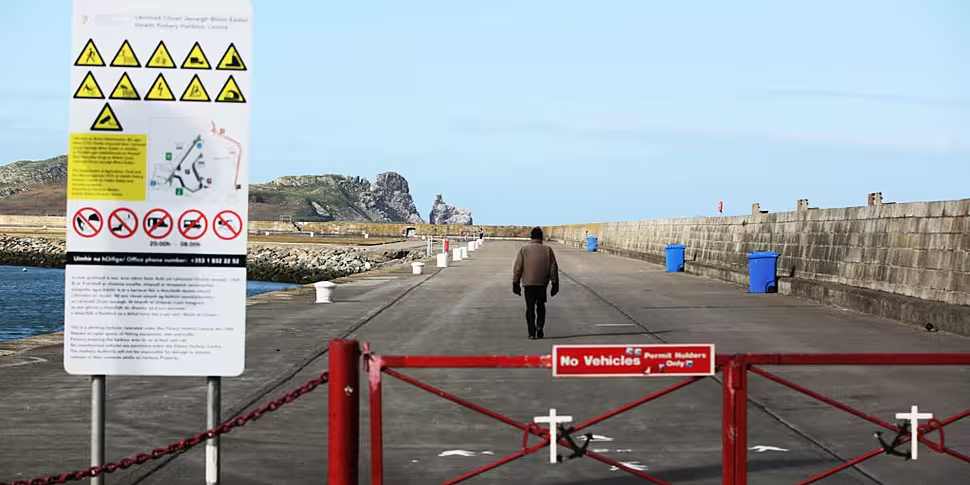A leading molecular biologist has said any regional lockdown in Ireland should “cut both ways” with green zones as well as red zones.
The HSE has said it can’t rule out a localised lockdown in Kildare, Laois and Offaly after a surge in cases there in recent days.
Nearly half the countries cases over the past two weeks have been in the area – with a number of clusters in meat factories a cause for real concern.
On Newstalk Breakfast this morning, Dr Tomás Ryan, Associate Professor at the School of Biochemistry and Immunology at Trinity College said the recent rise in cases is “alarming” and warned that it “shows how quickly this can spin out of control.”
Regional lockdowns
He said the Government now must decide whether a regional lockdown is something that can work in a country like Ireland.
“I am personally of the view that, if regional lockdowns can work in Ireland, then clearly they are more desirable than whole-country lockdowns,” he said.
“But I think it cuts both ways so, just as we may have regional red zones where you might have counties that are under lockdown – which hopefully that doesn’t happen to anybody – you would also have regional green zones.
“A green zone would be a county that could open up to 100% of activity economically and socially.
“Then you would have orange zones. The entire island of Ireland is an orange zone right now because we are not opened up but we are not under lockdown.
“So, I think having a regional approach is very sensible provided we can get good public buy-in to it.”
Testing and tracing
Dr Ryan said there is now a real risk of community transmission in Ireland – and warned that the country’s testing and tracing infrastructure is probably only catching about one-third of the cases here.
He said the major thing now is for anyone with symptoms to contact their doctor immediately.
“Things like general handwashing, hygiene and mask wearing are all extremely important but the major thing that has been lacking has been communication on the importance of reporting your symptoms,” he said. “Getting tested the day you have symptoms.
“Currently people are delaying that far too much and that is making the entire testing and tracing infrastructure too slow to catch things - it is too slow anyway.”
He said the system “does not seem to be possibly fast enough” to prevent the spread of the virus and the next five to ten days will illustrate whether we are capable of controlling clusters as they happen.









